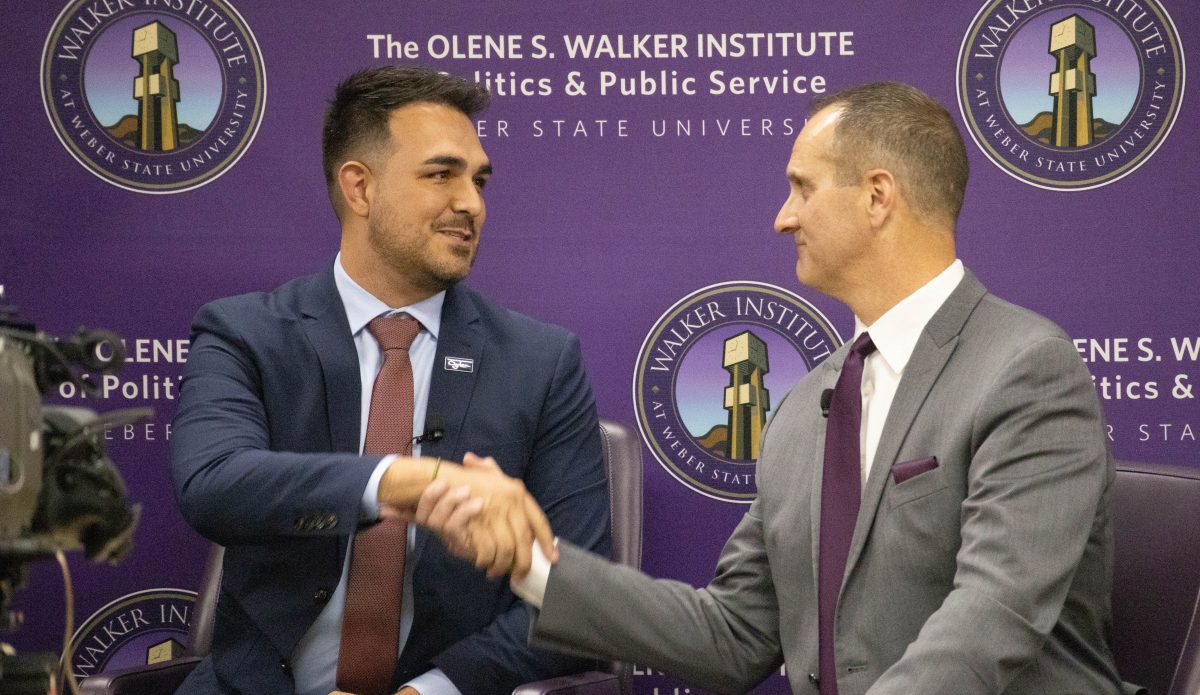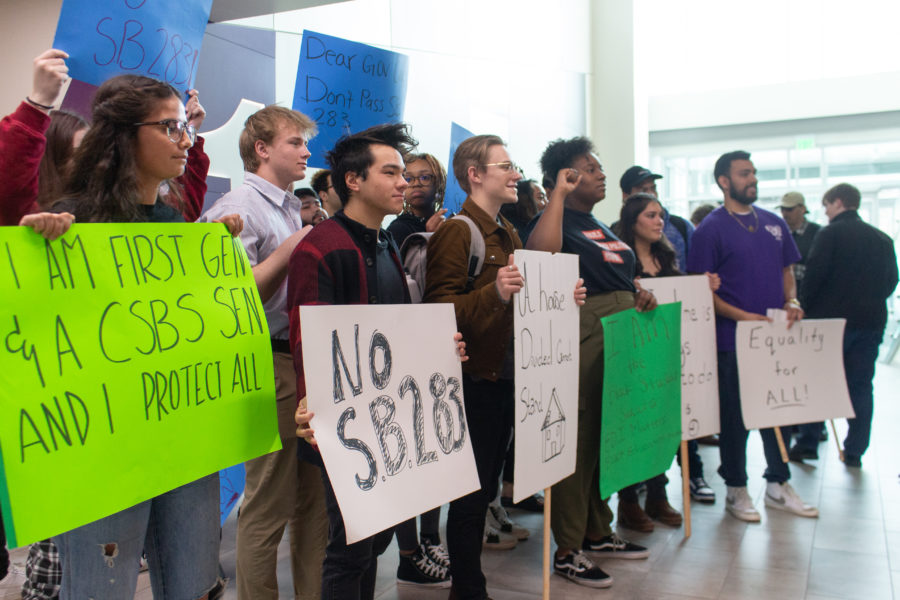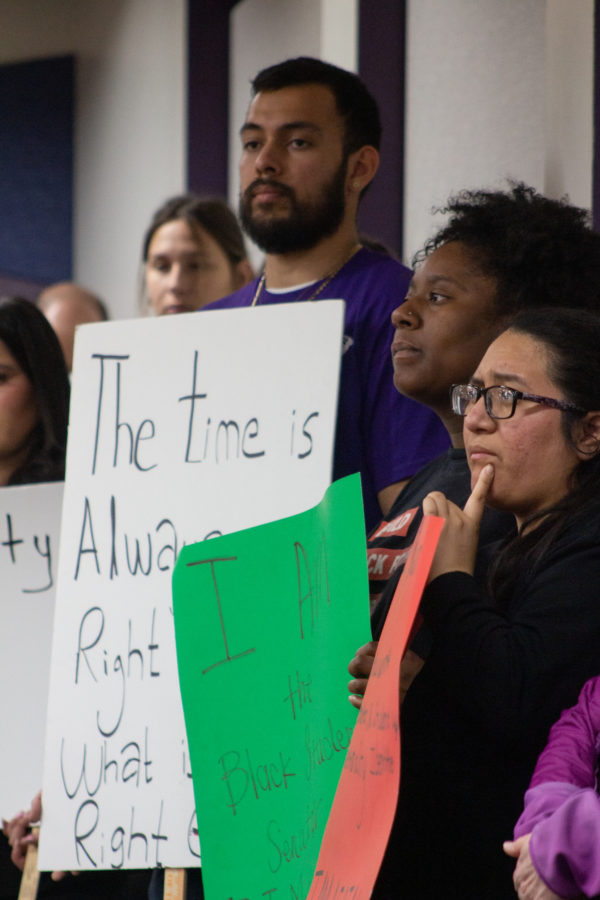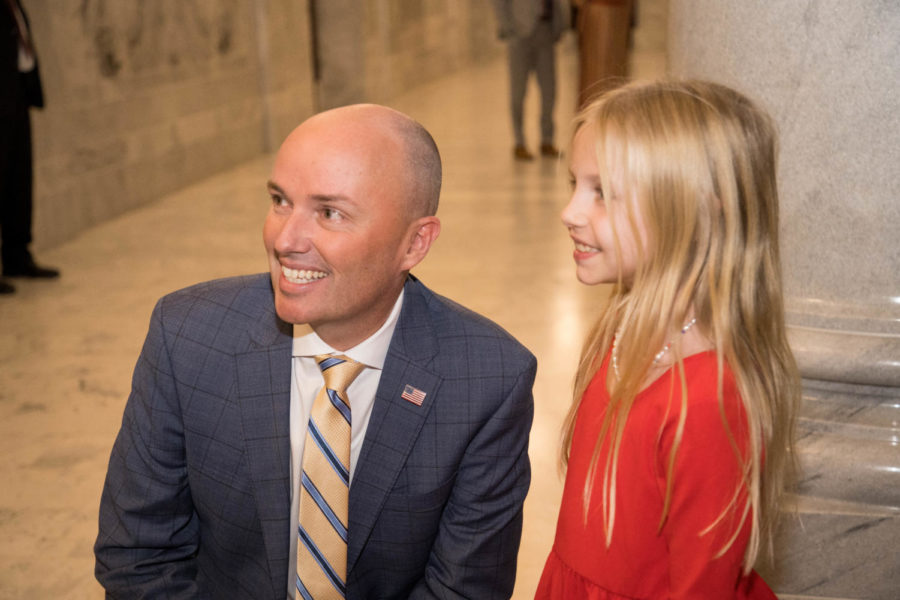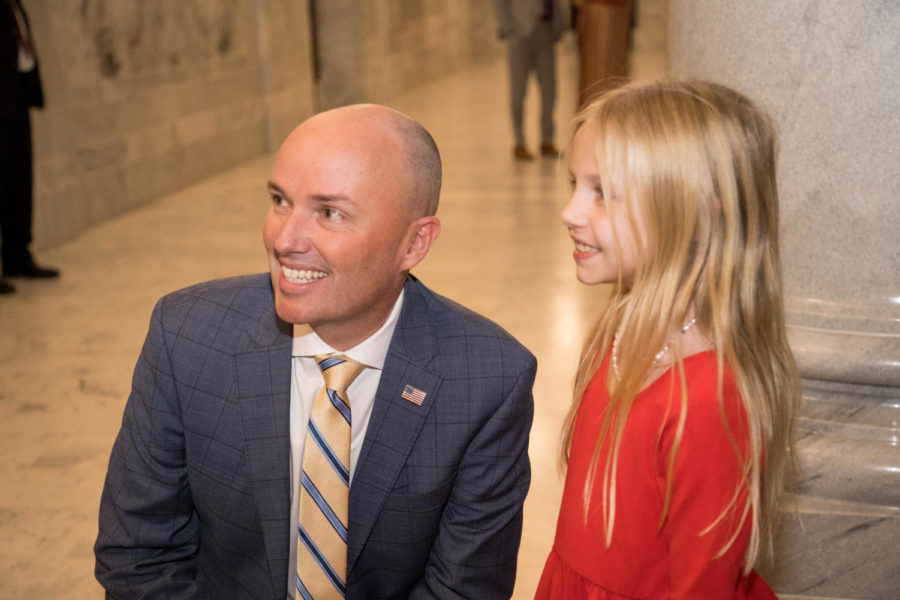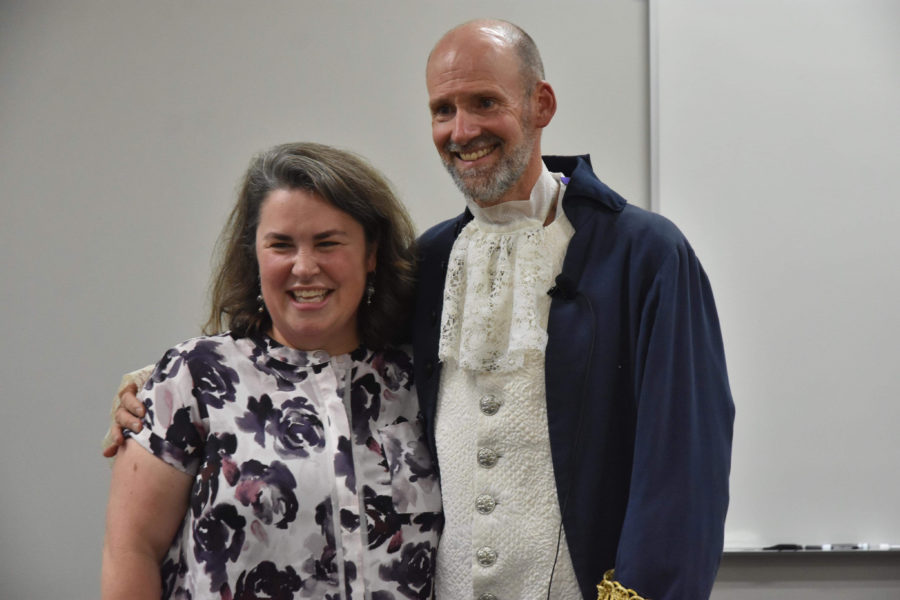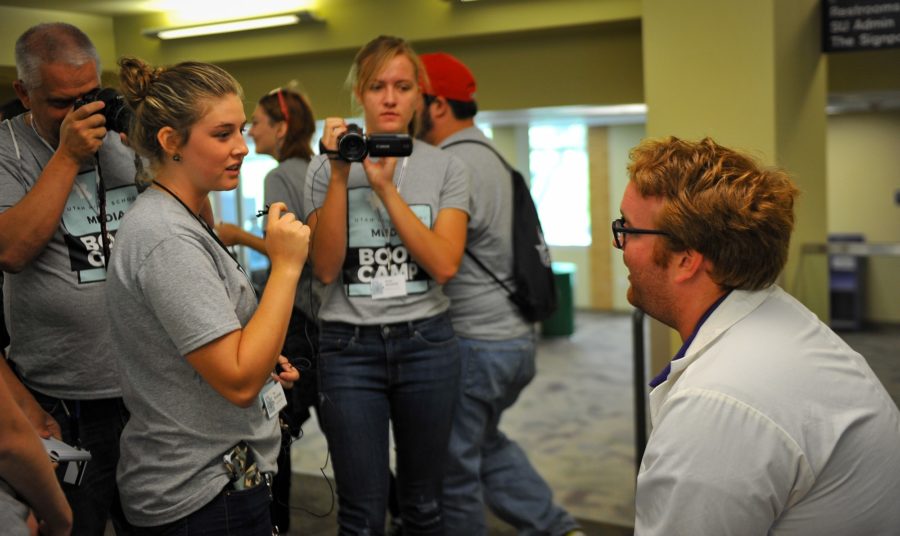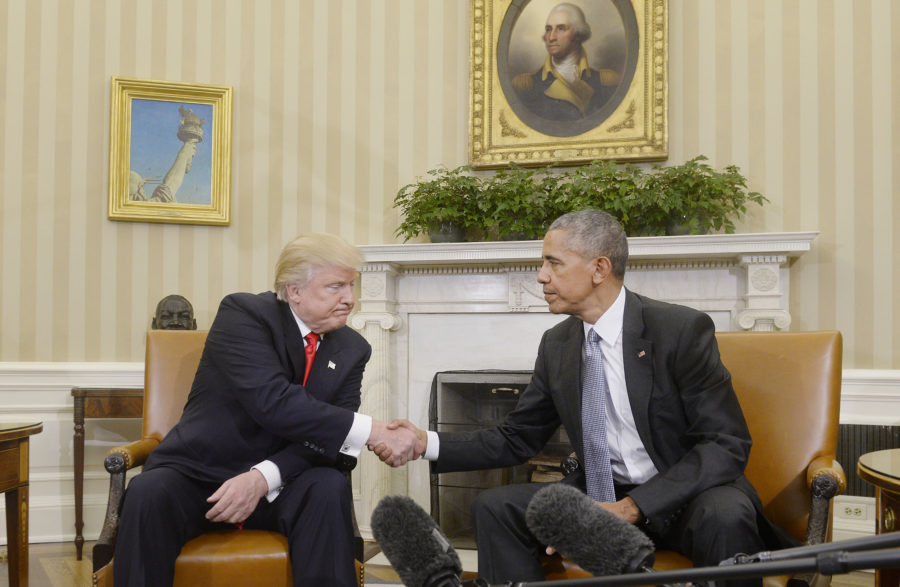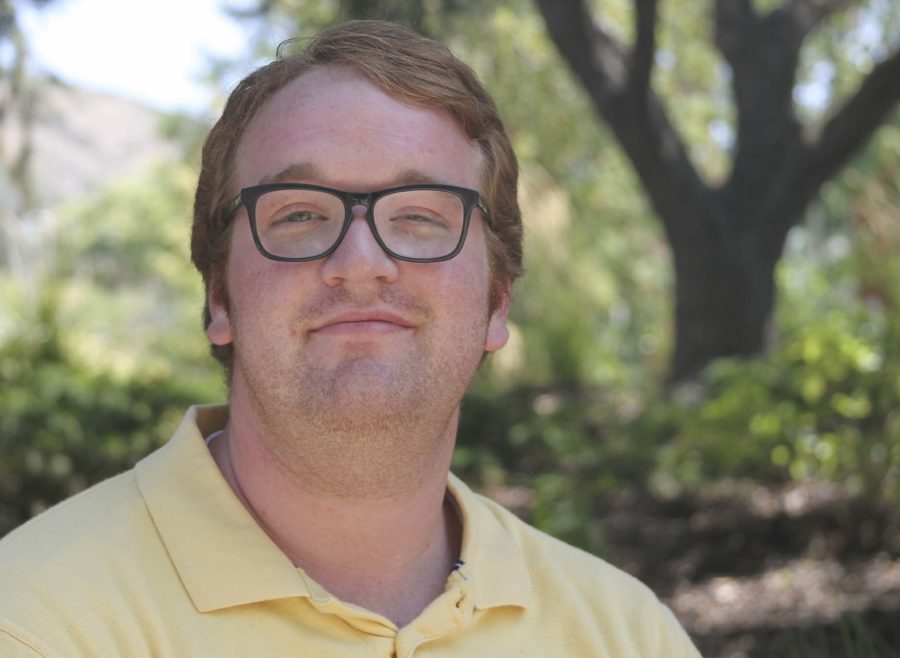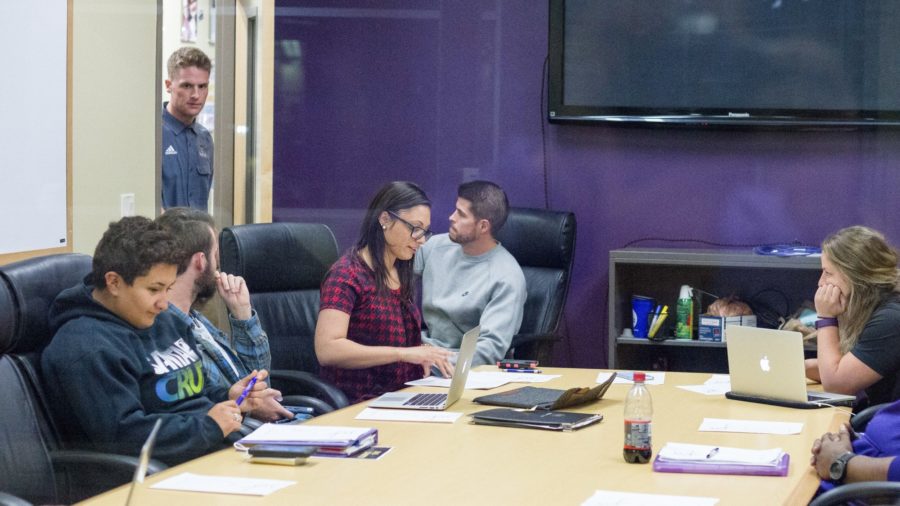Weber State offers several guest speakers throughout the year as part of WSUSA’s lecture series. This week hosts speakers who are survivors of human atrocities across the globe. With speakers from the Holocaust and the Rwanda massacres, these lectures prove to be as enlightening as they are sobering.
One of the most pervasive ailments among 20-somethings is the idea that crimes against humanity are resigned to history books, overly dramatic movies or dystopian literature. While the Holocaust is one of the darkest shadows of human cruelty, it is not alone in its villainy. Earlier this year, The Signpost published a Viewpoint on the top five countries to watch in 2014. While these countries’ ailments are not reaching Third Reich mania as of yet, many are quickly approaching complete destruction.
The Signpost’s invitation is a simple one. We believe that history is a cumulative field, and that one of the most important uses of its study is to understand the current world. With this in mind, consideration of Syria, Turkey and Sudan cause serious anxiety about history repeating itself.
Crimea is a prime example of Russian echoes of hostility. With Putin’s clear disregard for U.N. sanctions and international diplomacy, he has seized Crimea and untold parts of Ukraine. Those familiar with the spread of Nazi Germany and the USSR are unsettled with this move. As it stands now, one of the only clear differences between the USSR’s and Putin’s foreign policy is that Stalin typically wore shirts, and Putin has yet to pound shoes against tables in protest.
For engaged citizens of America and an international community, these situations cannot be glossed over because of apathy, lack of understanding or inability to help.
Apathy comes in many forms. Some find apathy toward current events because they don’t understand what’s going on. Some conclude that they can’t do anything to help, and therefore move past the issues. Whatever the reason, apathy cannot be condoned in the face of human suffering. Somehow resigning responsibility for fellow humans’ conditions seems cold at best. While helping these delicate situations may be difficult, mustering the courage to care doesn’t seem outside the line of humanity and basic compassion.
People often don’t understand what has happened in the past or what is happening in today’s world. This is often not their fault exclusively, but ignorance can be as malignant as apathy. With the vast resources available through print, digital and social media news, a greater understanding of the world is a simple click away. Ignorance is not a fault in itself, but choosing to remain ignorant is.
Helplessness is a common theme among college students today, and is the most difficult of these three to overcome. How can a Weber State student help Sudan? How can they offer help to Syria? Most students are living on a humble diet of ramen and caffeine, so apart from shipping a Red Bull to Turkish demonstrators, how can they offer help?
This is the crux of a citizen’s role within a democracy. Foreign policy is a difficult thing to influence, but a letter to a senator, a signature on a petition or simply boosting awareness is help in itself. None can have the direct impact that the U.N. and USA can provide, but filling the democratic responsibilities of belonging to those organizations is a start.
As the lectures roll on, many will be touched and inspired by the depth of human cruelty and the triumph of the human spirit. That inspiration should hold relevancy and action in a modern world.









